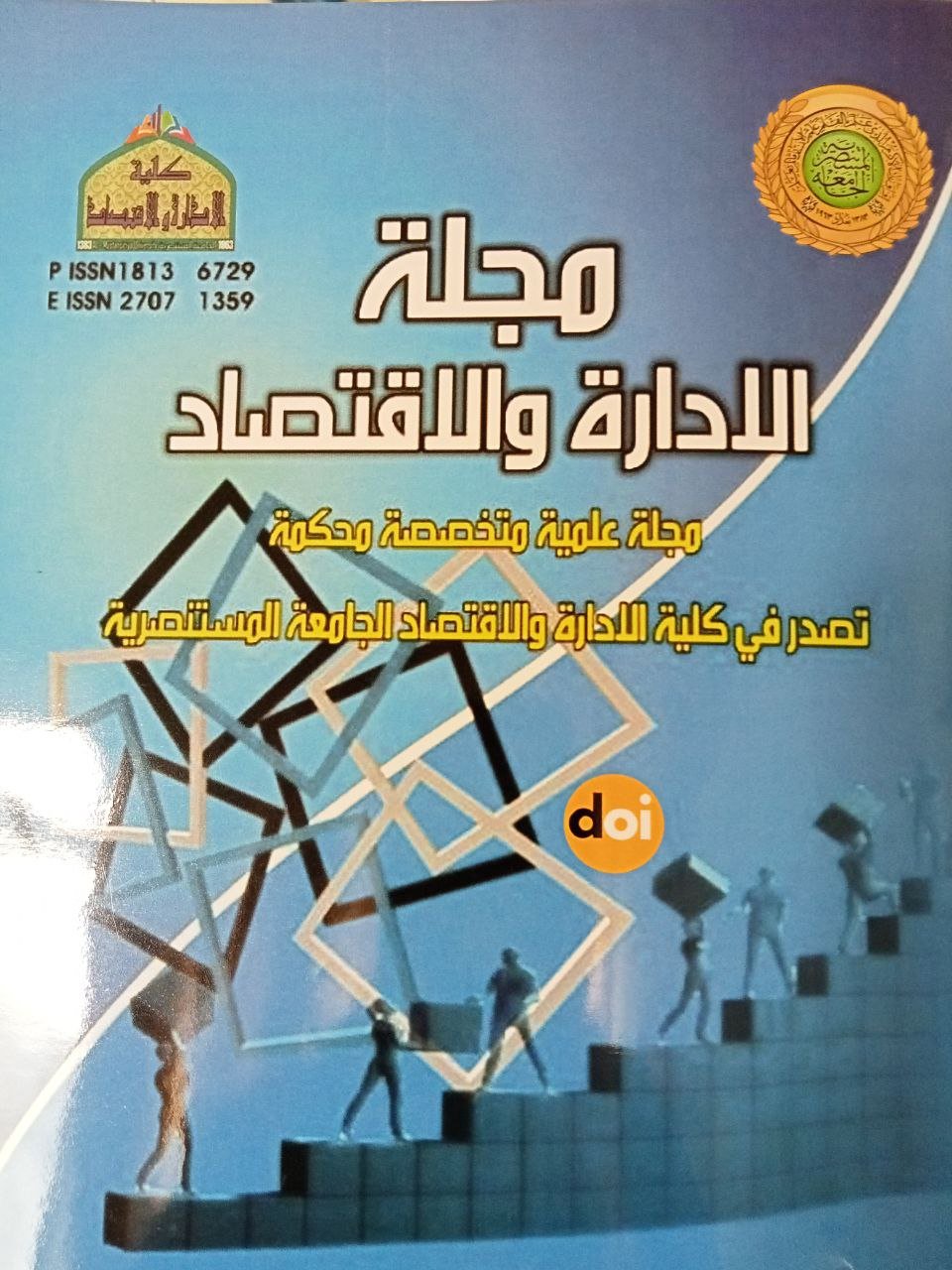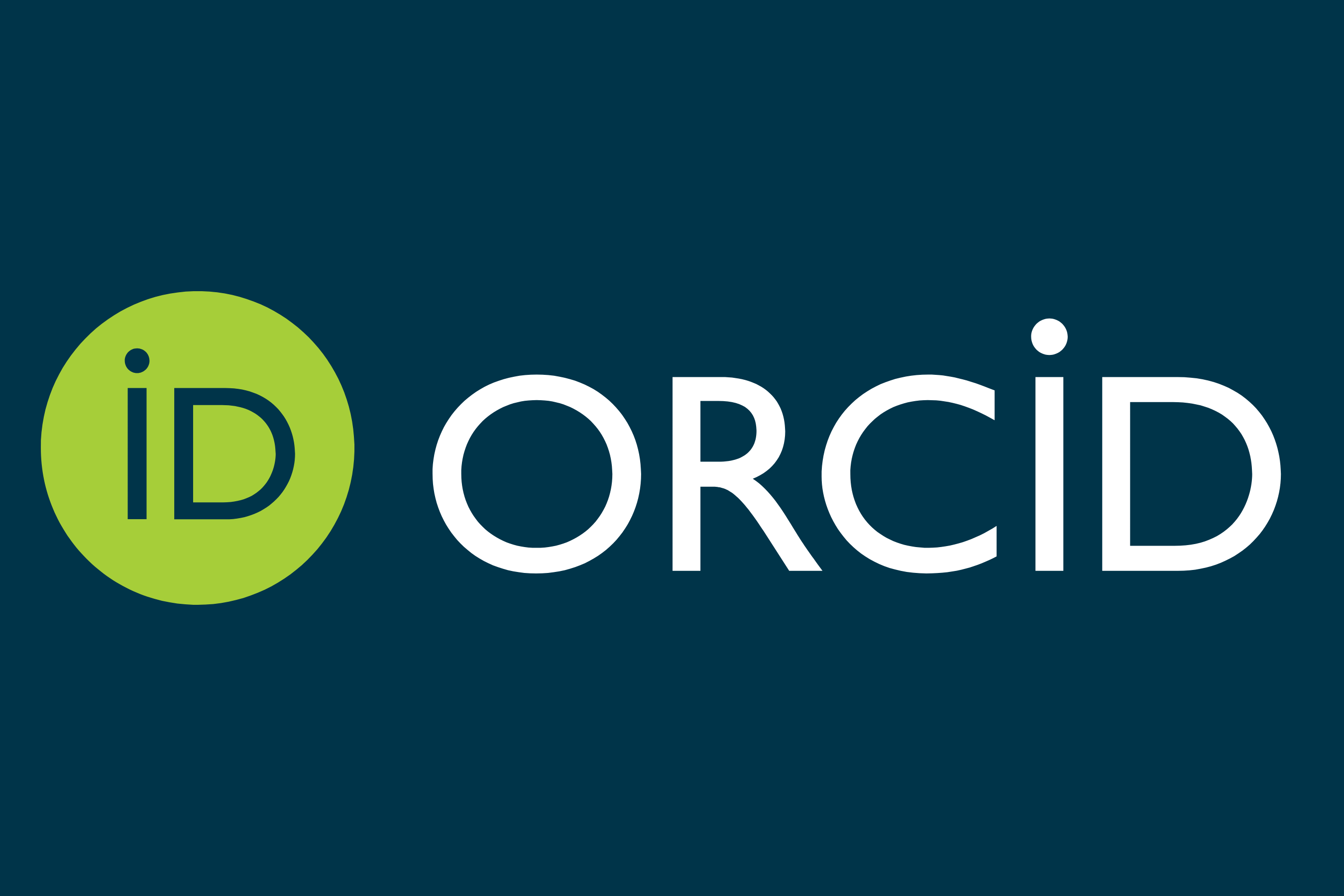( أثر استعمال التقنيات الحديثة وانعكاساتها على مهنة المحاسبة والتدقيق )
DOI:
https://doi.org/10.31272/jae.i138.1122الكلمات المفتاحية:
سلسلة الكتل، انترنت الاشياء، البيانات الضخمةالملخص
تلعب التقنيات الحديثة دوراً هاماً ومؤثراً في عملية التدقيق، لكون الإجراءات والأساليب التقليدية لم تُعد تناسب عملية التدقيق في ظل المعالجات الإلكترونية للبيانات وعصر المعلوماتية والتي أصبحت فيها النظم المحاسبية الإلكترونية توافر المعلومات بكم كبير وبسرعة عالية، وبدرجة كبيرة من الكفاءة والدقة أكثر من ذي قبل .يهدف البحث إلى تسليط الضوء على التقنيات الحديثة وآثارها على مهنةالمحاسبة و التدقيق ، ولتحقيق هذا الهدف تم إتباع المنهج الوصفي التحليلي لملائمته لطبيعة البحث، حيث تم تصميم وتوزيع إستبانة علمية محكمة على عينه مكونه من (110) فرداً على عينة البحث والتي شملت الاختصاصات المحاسبية والتدقيقية ، حيث تمثل مجتمع البحث بمكاتب التدقيق والمصارف والمدققين العاملين في الهيآت الاكاديمية، واعتمد الجانب العملي من البحث على التحليل الإحصائي باختبار درجة الصدق للبيانات لمعرفة مدى إمكانية تعميم تلك النتائج ومن أهم تلك الاستنتاجات أن تقنيات التقنيات الحديثة تعمل على إحداث تغيرات في مفاهيم ومبادئ تصميم نظم المعلومات المحاسبية، وتحسين جودة التقارير ، والتقليل من إصدار الأحكام الشخصية وإعداد التقديرات المحاسبية، وحدوث تغيرات جوهرية في تنظيم وتخطيط عملية التدقيق وتقييم المخاطر وإجراءات التدقيق التحليلية، وبروز مجالات جديدة كالدقيق بالاستثناء والتدقيق التلقائي، والتحليل المالي للبيانات الضخمة، وبناءً على ما أسفر عنه البحث من نتائج أوصى بضرورة أن تتكيف المحاسبة والتدقيق وبنفس الوتيرة مع التطورات التي تطرأ على بيئة أعمال الشركات نتيجة زيادة تبني تقنيات الحديثة، وأن تأخذ إدارات الوحدات الاقتصادية قضايا الأمن السيبراني في الاعتبار عند التخطيط الاستراتيجي.
التنزيلات
المراجع
Abdennadher, S., Grassa, R., Abdulla, H., & Alfalasi, A. (2022). The effects of blockchain technology on the accounting and assurance profession in the UAE: an exploratory study. Journal of Financial Reporting and Accounting, 20(1), 53-71.
Al-Khoury, A., Hussein, S. A., Abdulwhab, M., Aljuboori, Z. M., Haddad, H., Ali, M. A., ... & Flayyih, H. H. (2022). Intellectual Capital History and Trends: A Bibliometric Analysis Using Scopus Database. Sustainability, 14(18), 11615.
Altameemi, A. H., & Flayyih, H. H. (2021). A comparative Study in the Role of Private Sector in Relationships Analysis between Economic Sustainability and COVID-19: Evidence from Iraq and Russia. Estudios de economía aplicada, 39(11), 21.
Alzabari, S. A. H., Talab, H. R., & Flayyih, H. H. (2019). The effect of internal training and auditing of auditors on supply chain management: An empirical study in listed companies of Iraqi stock exchange for the period 2012-2015. International Journal of Supply Chain Management, 5, 1070-1075.
Bonyuet, D. (2020). Overview and impact of blockchain on auditing. International Journal of Digital Accounting Research, 20, 31-43.
Brender, N., Gauthier, M., Morin, J. H., & Salihi, A. (2018). The potential impact of blockchain technology on audit practice.
Byrnes, P. E., Al-Awadhi, A., Gullvist, B., Brown-Liburd, H., Teeter, R., Warren, J. D., & Vasarhelyi, M. (2018). Evolution of Auditing: From the Traditional Approach to the Future Audit1. In Continuous auditing (pp. 285-297). Emerald Publishing Limited.
CGMA, C. (2018). Blockchain augmented audit–benefits and challenges for accounting professionals. The journal of theoretical accounting research, 14(1), 117-137.
Gulin, D., Hladika, M., & Valenta, I. (2019). Digitalization and the Challenges for the Accounting Profession. ENTRENOVA-ENTerprise REsearch InNOVAtion, 5(1), 428-437.
Kend, M., & Nguyen, L. A. (2020). Big data analytics and other emerging technologies: the impact on the Australian audit and assurance profession. Australian Accounting Review, 30(4), 269-282.
Liu, M., Wu, K., & Xu, J. J. (2019). How will blockchain technology impact auditing and accounting: Permissionless versus permissioned blockchain. Current Issues in auditing, 13(2), A19-A29.
Lombardi, R., de Villiers, C., Moscariello, N., & Pizzo, M. (2022). The disruption of blockchain in auditing–a systematic literature review and an agenda for future research. Accounting, Auditing & Accountability Journal, 35(7), 1534-1565.
Moll, J., & Yigitbasioglu, O. (2019). The role of internet-related technologies in shaping the work of accountants: New directions for accounting research. The British accounting review, 51(6), 100833.
Munoko, I., Brown-Liburd, H. L., & Vasarhelyi, M. (2020). The ethical implications of using artificial intelligence in auditing. Journal of Business Ethics, 167, 209-234.
Schmitz, J., & Leoni, G. (2019). Accounting and auditing at the time of blockchain technology: a research agenda. Australian Accounting Review, 29(2), 331-342.
Sheldon, M. D. (2019). A primer for information technology general control considerations on a private and permissioned blockchain audit. Current Issues in Auditing, 13(1), A15-A29.
Smith, S. S., & Castonguay, J. J. (2020). Blockchain and accounting governance: Emerging issues and considerations for accounting and assurance professionals. Journal of Emerging Technologies in Accounting, 17(1), 119-131.
Thottoli, M. M., Thomas, K. V., & Ahmed, E. R. (2019). Qualitative analysis on information communication technology and auditing practices of accounting professionals. Journal of Information and Computational Science, 9(9), 529-537.
Tiron-Tudor, A., & Deliu, D. (2022). Reflections on the human-algorithm complex duality perspectives in the auditing process. Qualitative Research in Accounting & Management, 19(3), 255-285.
Zhang, C. A., Dai, J., & Vasarhelyi, M. A. (2018). The impact of disruptivetechnologies on accounting and auditing education: how should the profession adapt?. The CPA Journal, 88(9), 20-26.
Zhang, Y., Xiong, F., Xie, Y., Fan, X., & Gu, H. (2020). The impact of artificial intelligence and blockchain on the accounting profession. Ieee Access, 8, 110461-110477.

التنزيلات
منشور
إصدار
القسم
الرخصة
مجلة الإدارة والاقتصاد هي مجلة مفتوحة المصدر حيث تكون جميع محتوياتها مجانية. تخضع مقالات هذه المجلة لشروط ترخيص المشاع الإبداعي المنسوب إلى المؤلف (CC-BY 4.0) (https://creativecommons.org/licenses/by/4.0/legalcode) الذي يسمح للمرخص لهم دون قيود بالبحث عن النص الكامل للمقالات أو تنزيله أو مشاركته أو توزيعه أو طباعته أو ربطه به، وفحصه للفهرسة وإعادة إنتاج أي وسيلة للمقالات بشرط أن ينسبوا إلى المؤلفين الفضل في ذلك (الاستشهاد). تسمح المجلة للمؤلفين بالاحتفاظ بحقوق الطبع والنشر لمقالهم المنشور.
. Creative Commons-Attribution (BY)









